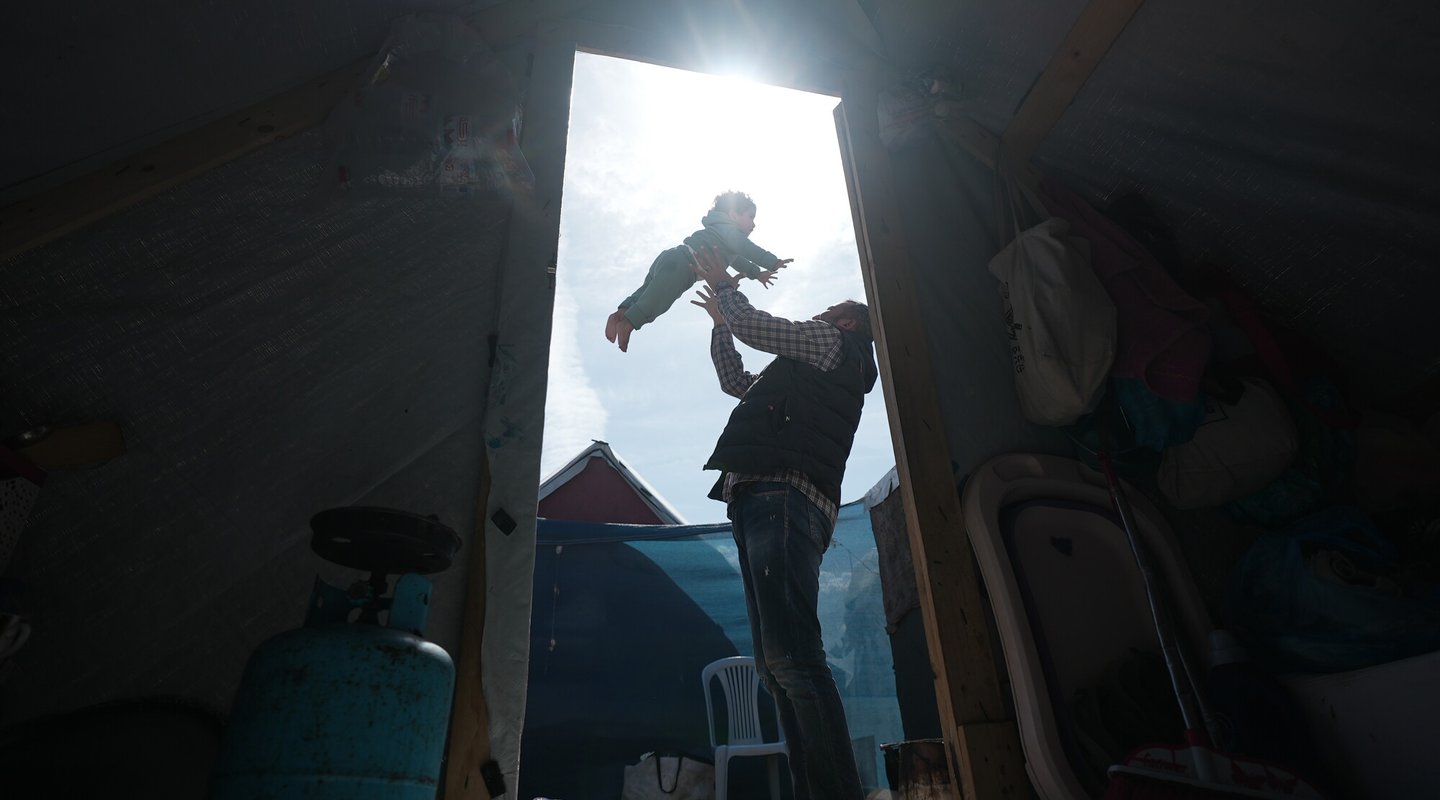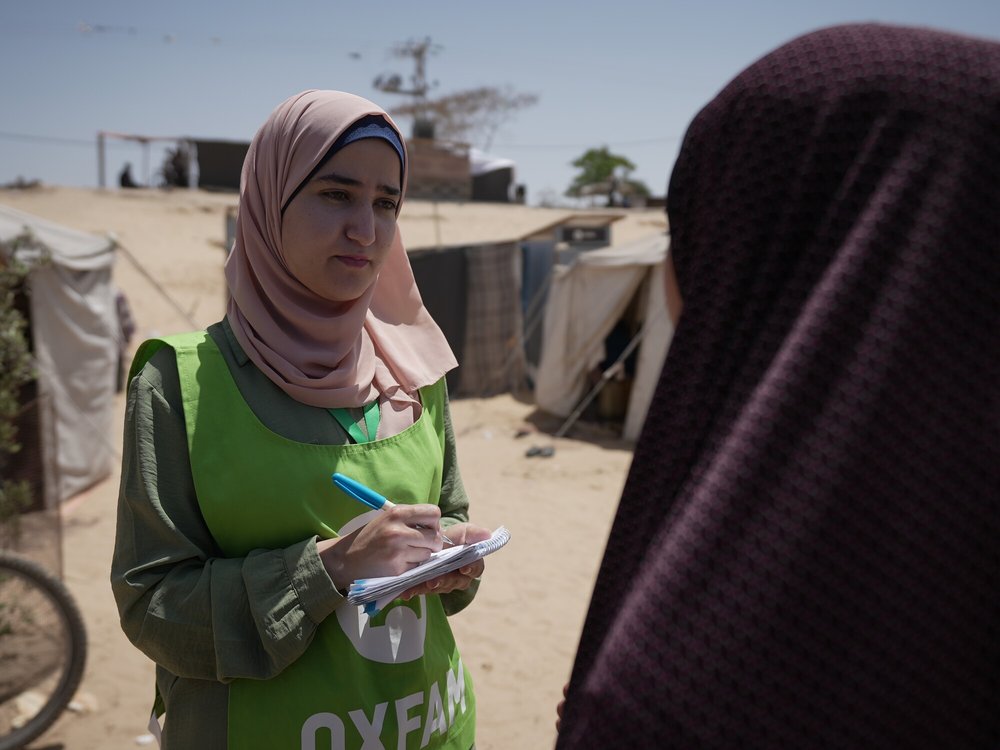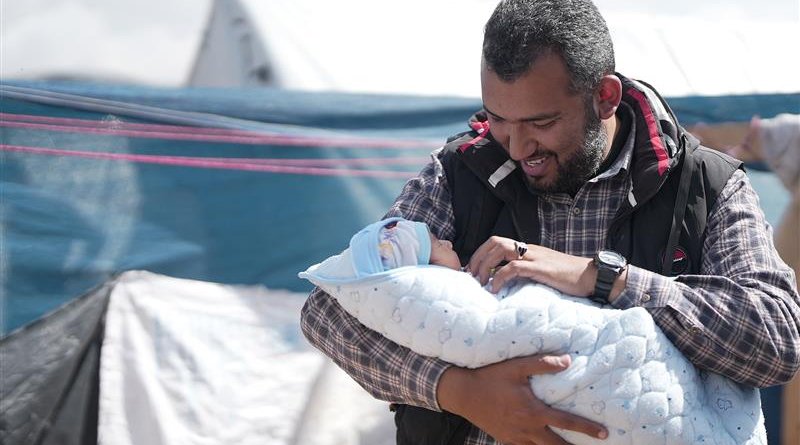A permanent ceasefire
Despite a fragile ceasefire announced on 9 October 2025, Palestinians continue to be killed. The international community, including the UK, must continue to use all political and economic tools at their disposal to help secure a permanent ceasefire.
Read the press release
Unrestricted access to humanitarian aid
Enough food, clean water, medical supplies, and other essential items must be allowed to reach those who need it.
According to international law, as the occupying power, Israel must ensure the humane treatment of the population and provide for their basic needs.
Donate to our Gaza appeal.
The UK government must end its complicity
The UK government is complicit in enabling the Israeli government’s war crimes, crimes against humanity, ethnic cleansing and genocide - by its continued military, economic and diplomatic support. Strong words, without meaningful action, are not enough.
The UK continues to allow arms sales to Israel, including parts for the deadly F-35 fighter jets that are dropping bombs on civilians in Gaza, as well as providing other military support.
Our government must not continue to be an ally to Israel’s atrocities.
Accountability under international law
All parties must be held to account for violations of international law committed during this conflict, to ensure justice for the victims and to deter future violations.
The International Court of Justice (ICJ) found that the Israeli government’s acts could pose a risk of genocide, and ordered six measures, including ensuring enough aid reaches Palestinians in Gaza.
Oxfam refers to the Israeli government’s actions in Gaza as genocide following a rigorous legal assessment and consultation with experts, grounded in the UN Genocide Convention. This determination is based on:
- Mounting evidence, including patterns of conduct and public statements indicating intent
- Reports from numerous organisations, including Amnesty International and the UN Commission of Inquiry
- First-hand accounts of atrocities witnessed by Oxfam’s partners on the ground
- Evidence submitted to the International Court of Justice.
All of the above points to deliberate acts aimed at destroying the civilian population in Gaza and rendering the area uninhabitable. As a humanitarian organisation, Oxfam believes it has a responsibility to speak out to help protect civilians and prevent further atrocities and genocidal acts.
Oxfam condemns the attacks and the taking of hostages by Hamas and other armed Palestinian groups on 7 October 2023, which amount to crimes against humanity and war crimes.
A lasting and just peace
True justice and lasting peace will not be possible without addressing the root cause of this conflict – Israel’s ongoing oppression of Palestinians.
There must be an end to the blockade of Gaza, and to the occupation of Palestinian territory – Gaza, the West Bank and East Jerusalem. The ICJ has ruled Israel’s ongoing occupation as illegal.
Our hope is for all Palestinians and Israelis to live in freedom, with dignity, self-determination, and full and equal civil and political rights.


